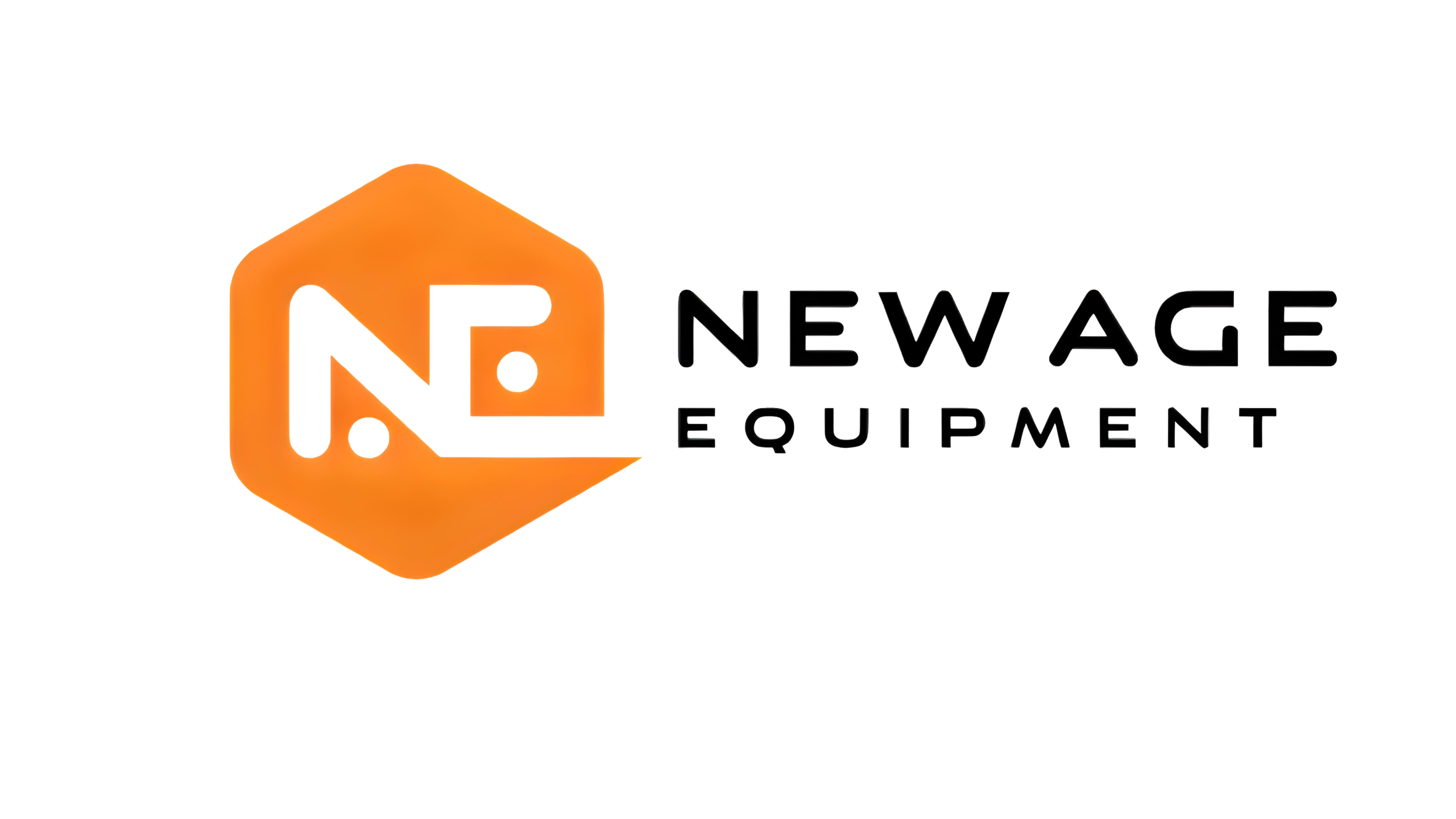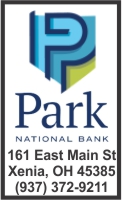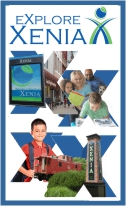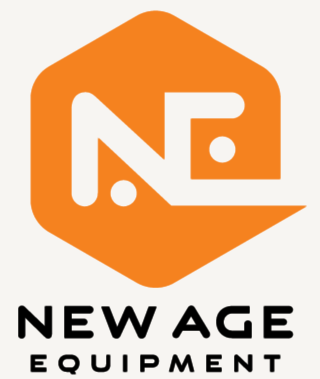Protect the Life You’ve Built, Continue the Effort as National Preparedness Month Comes To and End
As September’s National Preparedness Month comes to an end, the officials at Greene County Public Health and FEMA Region 5 encourages everyone to continue to take important steps to prepare for disasters and create a lasting legacy for future generations.
“Prioritizing personal readiness and the things you value should be part of any plan to take care of your loved ones now and in the years ahead,” said Tom Sivak, regional administrator, FEMA Region 5. “Protecting your legacy doesn’t need to be difficult or expensive. Start with simple steps and include each member of your household, so everyone has a part in safeguarding the future.”
Lower- or No-Cost Disaster Preparedness Tips
Learn your risks and make a plan. Ready.gov offers free resources to learn more about the disasters you may face and what to consider when planning for them.
Access local resources. Contact your local fire department to find out if they may have programs that provide fire or carbon monoxide detectors. Check online for free or discounted CPR courses offered near you.
Sign up for free emergency alerts in your area to receive life-saving information from your state and local municipality.
Verify your home is fully insured for the disaster risks in your area. Talk to your insurance agent to ensure there are no gaps in your coverage, but also remember you should shop around to get the best rate. Ask about discounts that may be available and consider increasing the deductibles to reduce your premiums.
Make sure everyone in the house knows how to turn off the electricity, gas, and water in case of emergency.
Store important documents and information in a safe place. Items like passports, birth certificates, maps and electronics should be put in a flood-safe place like a high shelf or upper floor in resealable, water-tight plastic bags to help waterproof them. Store important documents like insurance policies digitally. Make sure you put important phone numbers somewhere besides just your cell phone.
Build your emergency supply kit over time. Start with items you may already have in your home, like a flashlight, extra batteries, copies of important documents, water, and non-perishable food. When you go to the grocery store, pick up an extra item each time that you use regularly, especially if it’s on sale! Community food banks are a potential resource for food-insecure families to stock their emergency supply kits. Also consider battery-free supplies, like wind-up flashlights and weather radios, and it’s a good idea to have an external phone charger at the ready in case of a power outage.
For detailed information about how to be ready for the emergencies you may be at risk for, visit Ready.gov. Learn more about National Preparedness Month by visiting Ready.gov/September.
Greene County Public Health has an emergency preparedness booklet for families. You can view it online here: https://www.gcph.info/files/documents/files/2021/03/emergency_preparedness_guide.pdf If you have questions or would like a hard copy of the booklet, please contact the public information officer for Greene County Public Health, Laurie Fox, at This email address is being protected from spambots. You need JavaScript enabled to view it., 937-374-5669.
Greene County Public Health…
Your Accredited and Trusted Local Public Health Authority Since 1920













